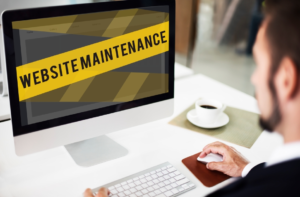Cybersecurity Best Practices 2024 for Businesses
Introduction
In today’s digital age, cybersecurity is not just a technical issue but a critical aspect of business strategy. As cyber threats continue to evolve, it’s essential for businesses to stay ahead of the curve. This blog post outlines some of the best practices for enhancing cybersecurity in 2024.
Employee Training and Awareness
The first line of defense in cybersecurity is often the end-user. Employee training programs should be a priority, focusing on phishing scams, password management, and safe internet practices.
Multi-Factor Authentication (MFA)
MFA adds an extra layer of security by requiring two or more verification methods – something you know (password), something you have (a phone), or something you are (fingerprint).
Regular Software Updates
Outdated software is a goldmine for cybercriminals. Ensure that all software and systems are up-to-date with the latest security patches.
Secure Network Infrastructure
Utilize firewalls, encryption, and a Virtual Private Network (VPN) to protect sensitive data. Regularly audit your network for vulnerabilities and take corrective actions.
Data Backups
Regularly backup critical data and store it in a secure offsite location. This is crucial for quick recovery in case of a ransomware attack.
Incident Response Plan
Having a well-documented and rehearsed incident response plan can significantly reduce the damage from a cyber-attack. Make sure to test the plan periodically.
Vendor Risk Management
Your cybersecurity is only as strong as the weakest link in your supply chain. Assess the security measures of your vendors and partners, and insist on stringent security standards.
Endpoint Security
With the rise of remote work, endpoint security has become more critical than ever. Ensure that all devices connected to the network are secured and monitored.
Regular Audits and Assessments
Conduct regular security audits to evaluate the effectiveness of your cybersecurity measures. This should include penetration testing and vulnerability assessments.
Legal Compliance
Ensure that you are in compliance with all local and international cybersecurity laws and regulations. Non-compliance can result in hefty fines and reputational damage.
Conclusion
Cybersecurity is a continually evolving field, and businesses must adapt to stay protected. By implementing these best practices, companies can significantly reduce their risk and create a more secure environment for both employees and customers.







